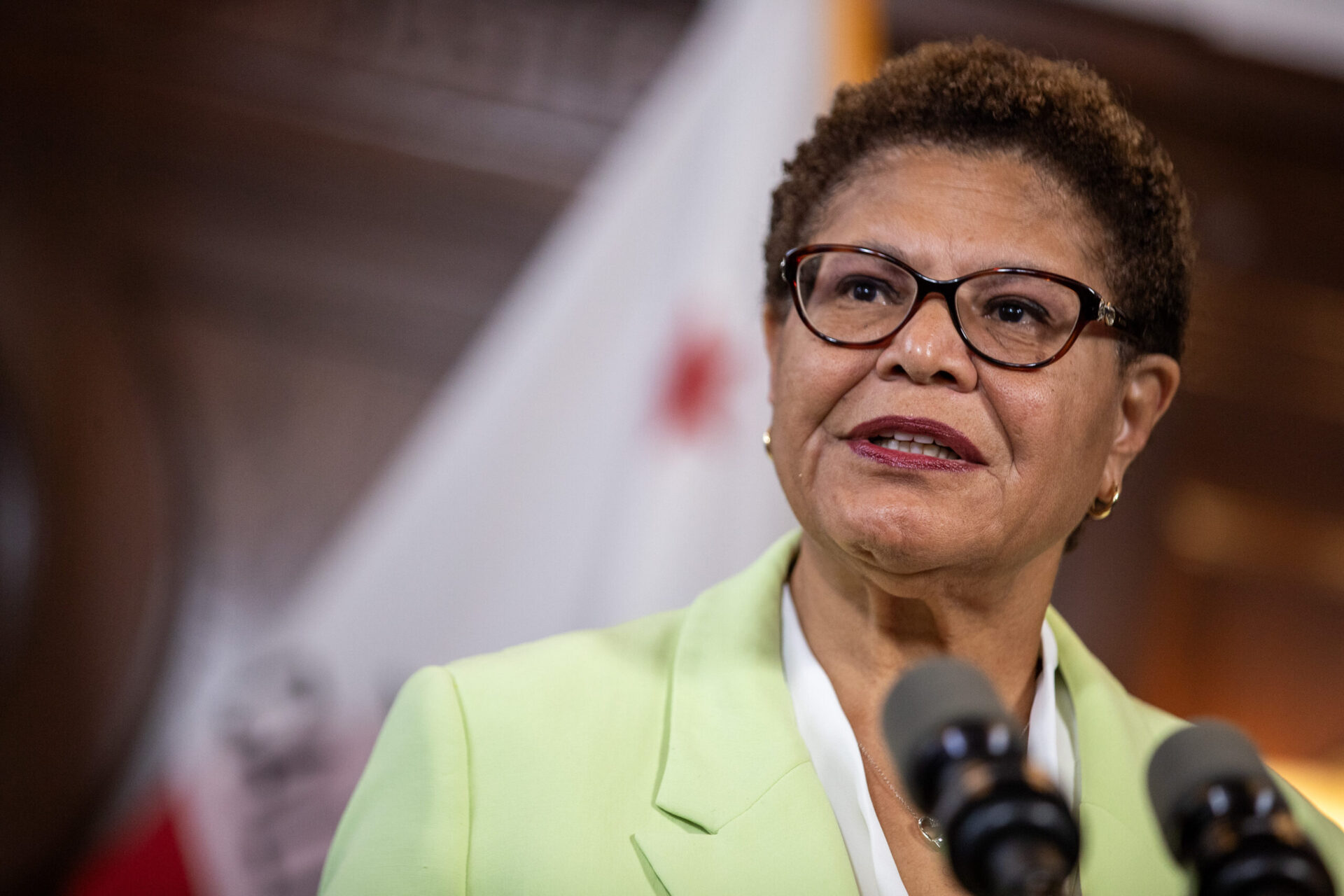
October 12, 2024
Urban League’s 2024 State Of Black Los Angeles Tackles Economic Empowerment, Health Equity, And Homelessness
The goal of the event: use Los Angeles County data to solve issues facing Black Los Angelenos.
The Los Angeles Urban League’s 2024 State of Black Los Angeles featured a series of panel discussions focusing on the current state of Black Los Angeles, with a special emphasis on economic empowerment, health access and equity, and housing and homelessness.
According to NBC 4 LA, a media partner for the discussion series, the goal of the event was to use available data from Los Angeles County to craft solutions to issues facing Black Los Angelenos.
On Oct. 10, several keynote speakers addressed the crowd, including included Los Angeles Mayor Karen Bass, Congresswoman Maxine Waters, and CEO of the Los Angeles Urban League, Cynthia Mitchell-Heard.
“The ultimate goal is to eliminate racial disparities and achieve equality and equity by disrupting harmful trends and transforming systems and policies,” Mitchell-Heard said.
Per the 2023-2025 State of Black Los Angeles County Report, an official report issued by the Los Angeles County Anti-Racism, Diversity, and Inclusion Initiative, close attention was placed to the quality of life of its Black residents.
“In the second installment of this report, we not only pay attention to the unique challenges that shape Black residents’ quality of life in Los Angeles County, we also explore the availability of existing County services aimed at addressing these challenges,” the report read. “In addition, we explore how the aforementioned evolving political context have and will continue to shape Black people’s experiences in years to come, as well as the lingering effects of COVID-19 on Black communities.”
The political context the report refers to is explored in great detail, citing an era of regression ushered in by several Supreme Court decisions as well as attacks on diversity, equity, and inclusion initiatives.
“Although heavily coordinated efforts to undo the progress made on several measures are nothing new, the last four years mark what appears to be the early stages of an era of regression in which progressive policies are being dismantled and legislative actions that roll back civil, human, and political rights for marginalized populations are being implemented.
“These legal and policy reversals weaken laws that protect against discrimination, create a resurgence in discriminatory practices, and deepen social stratification.”
The report also cited a one-on-one interview with Mayor Bass in which she indicated that homelessness and the economic divide in Los Angeles County and the most pertinent issues affecting Black Los Angeles.
According to the report, Black poverty increases exceeded that of all other ethnic groups, which the report indicated is not a random occurrence. White residents who live in poverty increased by 3.3%, Asian residents in the same situation went up by 4.4%, while Latinx residents’ poverty increased by 6.1%, and Black residents poverty went up by 7.2%.
“The racial disparities on the above-mentioned economic outcomes do not occur randomly, rather they are a function of both systemic and interpersonal anti-Black racism that hinders Black people from acquiring (and retaining) employment,” the report read. “And, when Black people do obtain employment, they are often sorted into the sectors of the labor market that provide less security, lower wages, little to no benefits, and fewer opportunities for career advancement—minimizing these workers’ chances of experiencing upward social mobility.”
The report included several initiatives for Los Angeles County to implement: a countywide approach to targeted universalism, repairing historic harms and expanding access, and providing mobile services to residents in need.
“Angelenos, committed to advancing diversity, equity, inclusion, and justice, must be vigilant in the face of growing uncertainty about the future of equity-based policies and programs aimed at protecting the rights of and ensuring access to opportunities for all communities, especially Black people in Los Angeles and across the country,” the report stated.
RELATED CONTENT: Civil Rights Groups Pressure Major Corporations To Keep Their DEI Programs Alive